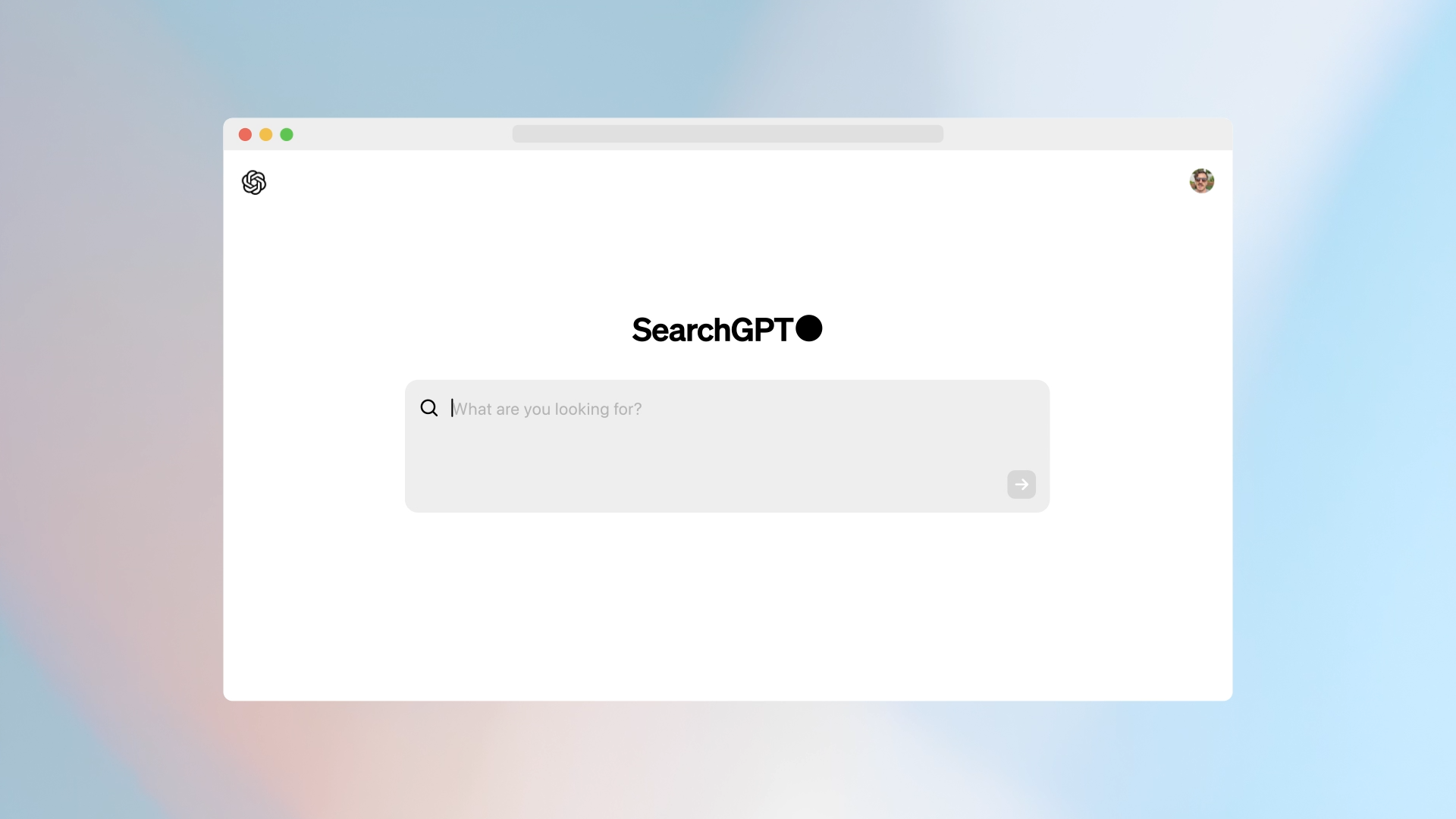ChatGPT ranks among the world’s top websites. SimilarWeb places it at 28th in global popularity. Attracting 1.4 billion visitors monthly, users turn to ChatGPT for a range of activities, from asking questions and writing content to more complex tasks like coding.
OpenAI, the company behind ChatGPT, is launching a new search engine named SearchGPT.
SearchGPT aims to compete with Google and Bing. Similar to how you optimise for Google rankings, you’ll want to optimise for SearchGPT.
While ChatGPT does not rank websites in the traditional sense of SEO, it can suggest companies and products based on various factors. This blog post delves into the insights derived from extensive analysis, revealing key elements that could enhance your chances of being recommended by ChatGPT.
Understanding ChatGPT’s Ranking Algorithms
ChatGPT operates differently from conventional search engines; it provides recommendations based on user inquiries rather than ranking websites through algorithms. To explore this further, over 100 targeted questions were posed to uncover the underlying factors that lead to product and service recommendations.
Key Questions Analysed
The following types of questions were examined:
- What’s the best laptop for college students?
- What’s a great credit card for individuals with a low credit score?
- What’s the best electric SUV?
- Which headphone brand is recommended for watching movies?
These questions represent common consumer concerns and preferences, setting the foundation for understanding what influences ChatGPT’s recommendations.
The Analytical Approach
The collected questions and their corresponding answers were subjected to rigorous statistical analysis by a team of experts, including a statistician and a data analyst. They evaluated 82 distinct factors to identify any correlations that might indicate what ChatGPT prioritises when making recommendations.
Findings from the Analysis
The analysis revealed that out of the 82 factors examined, six showed a strong correlation with the likelihood of being recommended by ChatGPT. These factors are critical to consider if businesses aim to increase their visibility and recommendation potential in the future.
Preparing for Future Changes
Although ChatGPT currently relies on data from before September 2021, it’s anticipated that the platform will evolve towards a more real-time indexing system, similar to Google’s Bard. This shift will likely enhance the relevance of recommendations, making it essential for businesses to adapt their strategies accordingly.
Focus Areas for Improvement
To position your company favourably for future recommendations, concentrate on improving the identified key metrics. By aligning your content and services with these factors, you can enhance your chances of appearing in ChatGPT’s responses, ultimately driving more traffic and potential customers to your website.
Conclusion
While traditional SEO practices remain vital, understanding the nuances of AI-driven platforms like ChatGPT can provide an additional layer of strategy. By recognising the importance of specific factors that influence recommendations, businesses can optimise their offerings to align with AI technologies. Investing in these areas will not only prepare you for changes in recommendation systems but will also enhance your overall digital footprint, paving the way for future growth and visibility.








